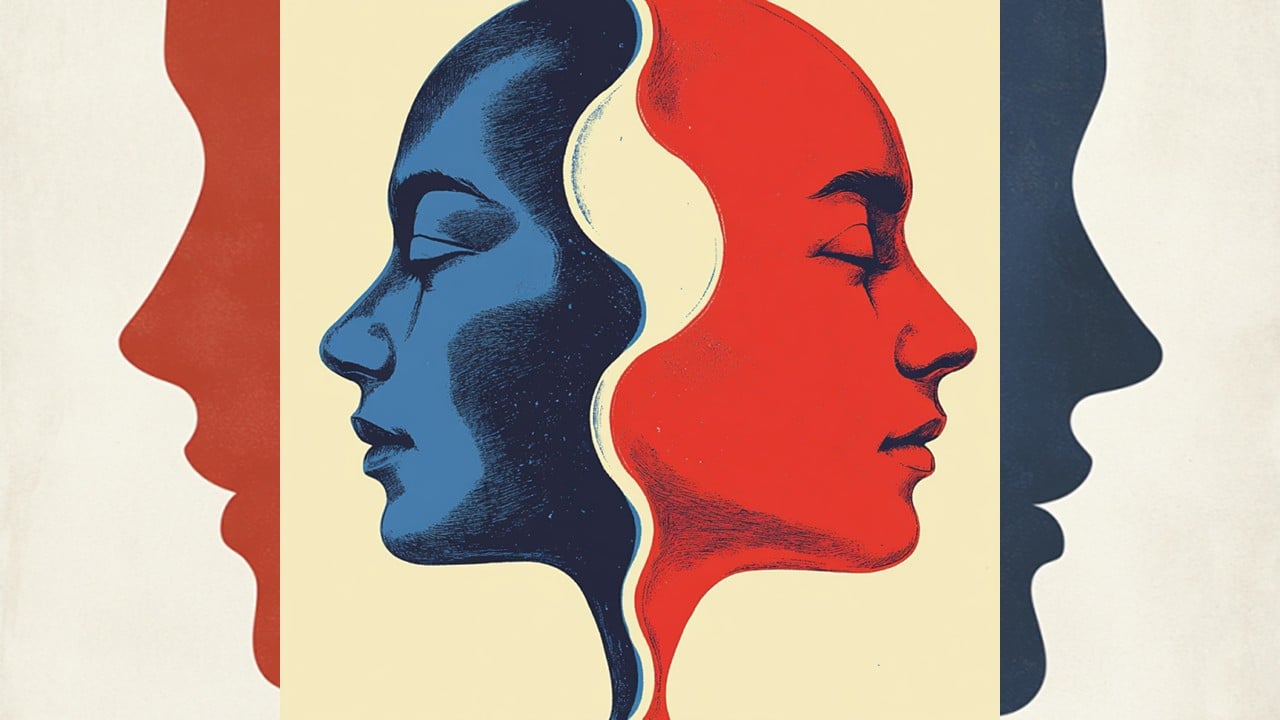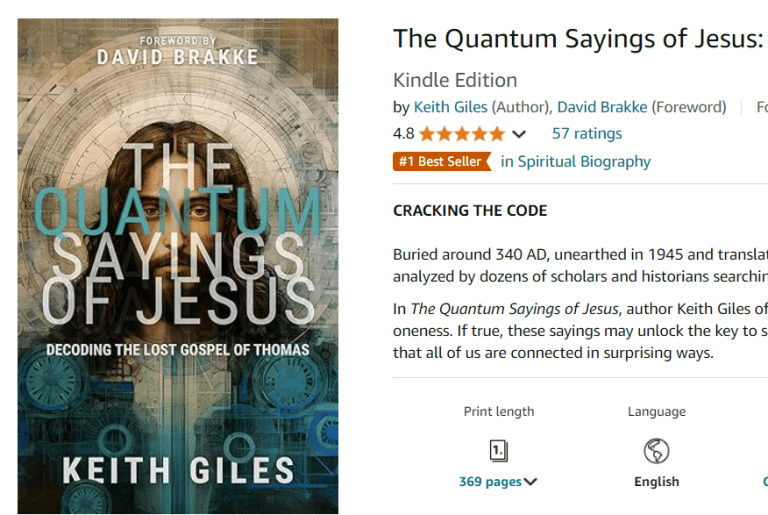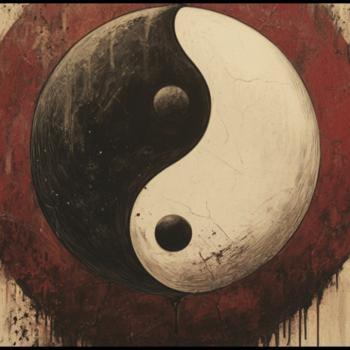
Some of you are probably already rolling your eyes and thinking, “Why should I have empathy for people who vote against my rights, believe crazy conspiracies and only watch Fox News?”
I hear you. But stick with me for a minute, because this might be more important than you think.
The Empathy Problem Goes Both Ways
We’ve all heard the argument that conservatives lack empathy for the poor, the immigrant, the LGBTQ+ community, or anyone who doesn’t fit their worldview. And sometimes, yeah, that’s absolutely true.
But what we don’t talk about enough is how liberal progressives can also struggle with empathy—specifically for conservatives.
Think about it. When was the last time you sat down with a conservative and really listened—not to debate, not to win an argument, but just to understand where they’re coming from?
If your answer is “I don’t need to because they’re all brainwashed,” that right there is part of the problem.
Dismissing someone’s deeply held beliefs as mere ignorance or manipulation might feel good in the moment, but it won’t change hearts or minds.
If anything, it only deepens the divide.
The Politics of Fear and Survival
There’s been a lot of research in psychology to prove that Conservatives and Liberals are wired differently when it comes to moral values. While progressives might prioritize care and fairness above all else, conservatives place a high value on loyalty, authority, and sanctity.
It’s not that conservatives don’t care about people—they just frame their concerns differently.
Many conservatives feel like their entire way of life is under attack. They see a rapidly changing world, and instead of seeing progress, they see instability, chaos, and a loss of the values that have anchored them for generations.
That’s scary. And when people are scared, they don’t respond well to being mocked, belittled, or told they’re on the wrong side of history.
They dig in.
So when we dismiss conservatives as racist, bigoted, or heartless, we’re not just missing an opportunity—we’re making the divide even worse.
NOTE: Empathy doesn’t mean agreeing with them. It means recognizing that their fears and struggles are real to them, even if we don’t share them.
Finding Common Ground
Here’s the good news: There’s a lot more common ground between progressives and conservatives than we think.
Both sides want their families to be safe. Both want a fair economy where people aren’t crushed by debt. Both value freedom, even if they define it differently.
If we focus on these shared concerns, we can actually start having productive conversations instead of shouting matches.
Instead of asking, “How can they believe that?” we should be asking, “What are they afraid of? What pain are they carrying?”
For example, a working-class conservative who lost their factory job and feels abandoned by the government is not all that different from a progressive millennial drowning in student debt. Both feel betrayed by the system. Both are looking for answers.
The Danger of Us vs. Them
The moment we start seeing each other as enemies instead of fellow human beings, we all lose.
Authoritarianism thrives on division. The more we stay locked in our ideological bubbles, the easier it is for those in power to manipulate us.
And make no mistake—there are people who benefit from keeping us at each other’s throats.
If you’re progressive and you believe in justice, compassion, and the dignity of all people, then that has to include conservatives too. Not because they deserve it, but because choosing empathy is the only way forward.
So let’s talk. Let’s listen. Let’s find the places where our humanity intersects. Because the alternative is a world where we just keep shouting past each other, and we all know how well that’s been working.
We can do better. And we must.
Because we’re all in this together, and the only way out is radical empathy.
**

The book from Keith Giles, “The Quantum Sayings of Jesus: Decoding the Lost Gospel of Thomas” is available now on Amazon. Order HERE>
Keith Giles is the best-selling author of the Jesus Un series. He has been interviewed on CNN with Anderson Cooper, Coast to Coast Radio with George Noory, USA Today, BuzzFeed, and John Fugelsang’s “Tell Me Everything.”
He co-hosts The Heretic Happy Hour Podcast and his solo podcast, Second Cup With Keith which are both available on Spotify, Amazon, Apple, Podbean or wherever you find great podcasts.

















